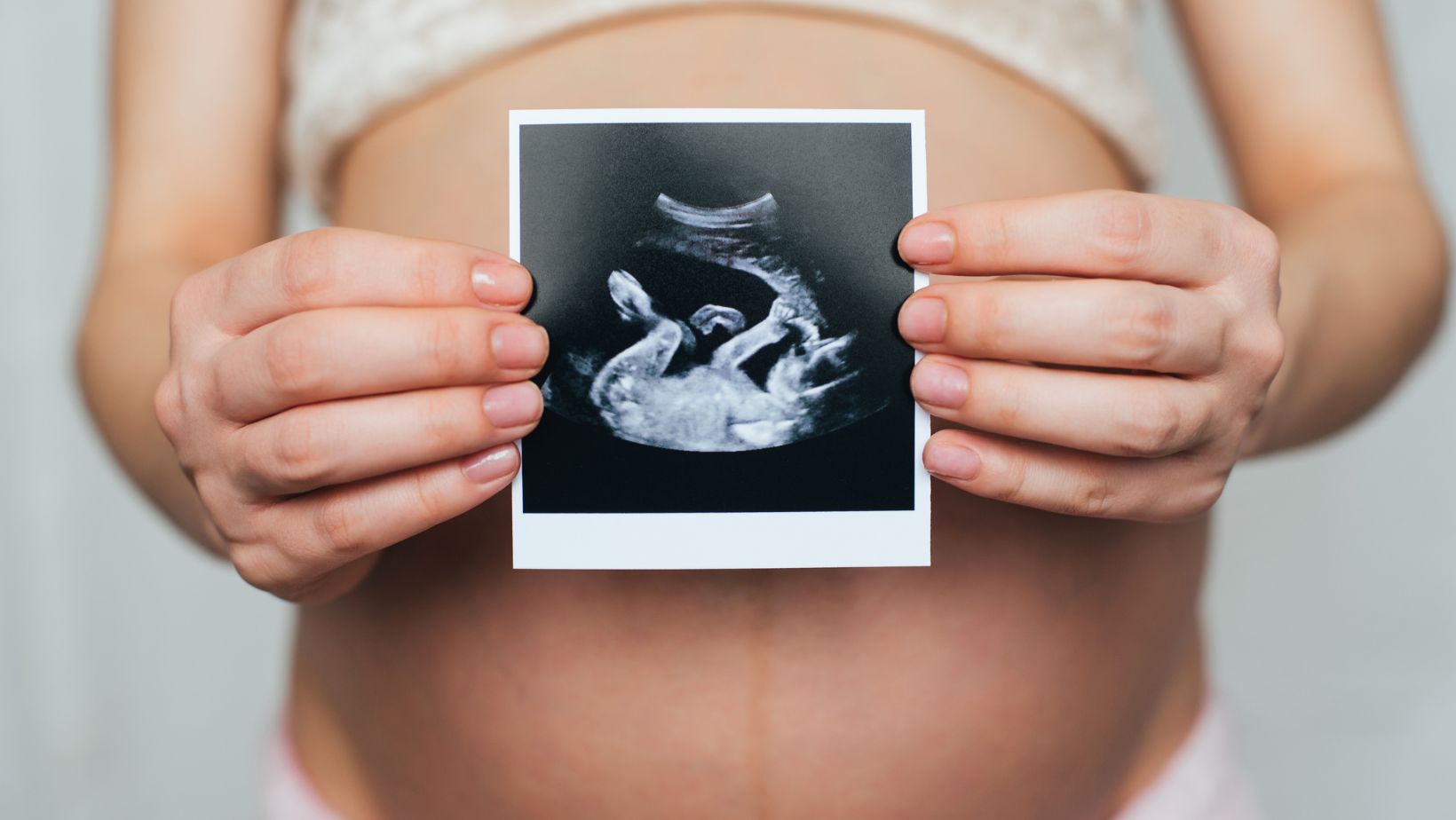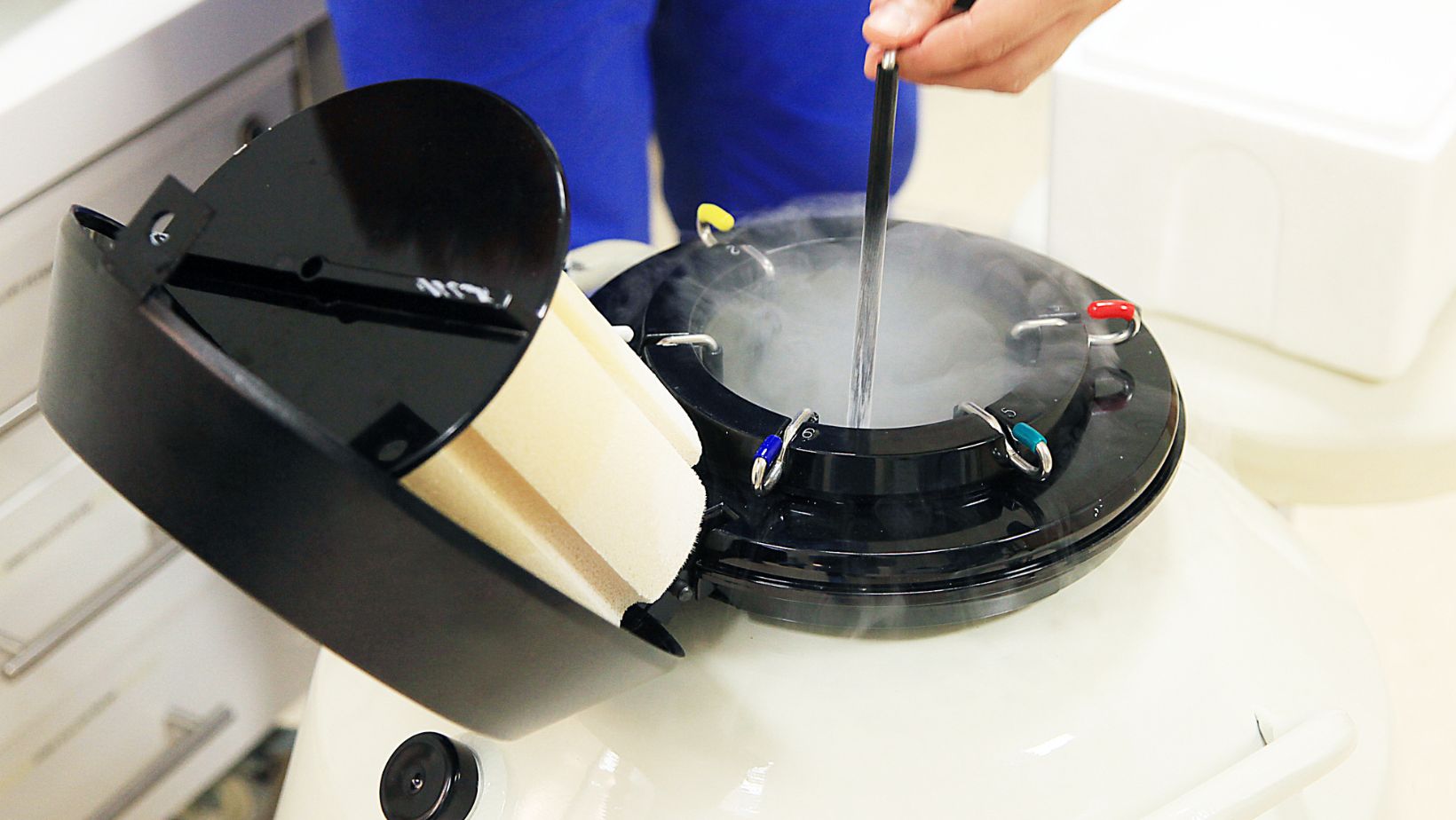Egg Freezing And Women’s Health: Empowering Decisions For Future Parenthood

Wondering if egg freezing is the right choice for future parenthood? Read on as we discuss all about the process, success rates, and alternatives.
Today, more and more women are prioritizing career and education over parenthood, and rightly so.
After all, childbirth is accompanied by drastic lifestyle changes, hormonal fluctuations, mood swings, more responsibilities, and a whole lot of stress. Clearly, motherhood is a challenge, and hence, many women choose to have children later on, perhaps after achieving their personal goals.
As such, egg freezing Singapore has become a common practice, offering an empowering choice to women balancing personal and professional aspirations. Besides delaying the process of motherhood, some even freeze eggs for medical reasons like cancer treatment.
But do frozen eggs guarantee successful pregnancies? Does the process of egg freezing cause any side effects? In this informative guide, we’ll be discussing every aspect of egg freezing – right from the preparation method to the costs.
Read on…
A Quick Guide to Egg Freezing (Human Oocyte Cryopreservation)
Egg freezing, also known as oocyte cryopreservation, involves extracting and preserving a woman’s eggs to maintain her fertility and reproductive potential.
Notably, the first successful birth from a frozen egg was documented in 1986. Since then, significant progress has been made in oocyte cryopreservation, improving the overall success rate of live births from frozen eggs.
As such, the American Society of Reproductive Medicine no longer deems it an experimental procedure.
Moreover, egg freezing is a choice influenced by numerous factors for women and individuals with ovaries. These factors include family planning, the possibility of early menopause, concerns about genetic or medical issues affecting fertility, or cancer treatment.
Who Should Opt For Egg Freezing?
● Those seeking to delay pregnancy for personal or social considerations
● Those who require removal of the ovaries, such as those with a BRCA mutation
● Those having conditions with the potential to harm the ovaries
● Those with the risk of premature ovarian failure due to a family history of early menopause or chromosomal abnormalities like Turner syndrome or fragile X syndrome
● Those facing the potential for ovarian damage due to surgical procedures
● Those undergoing chemotherapy or pelvic radiation therapy that may impact fertility
What to Expect?
Before initiating the egg-freezing procedure, a comprehensive medical history focused on fertility is assessed, alongside an evaluation of menstrual cycle regularity and hormone level assessments through blood tests. Typically releasing one egg monthly, the success rate of a pregnancy decreases with fewer available eggs.
Hormone Stimulation
To maximize egg availability, women undergo hormone treatment, self-administering hormone injections at home. Then, they are advised to take birth control pills for a month to suppress the natural cycle, followed by:

● Around two weeks of follicle-stimulating hormone (FSH) and luteinizing hormone (LH) injections to boost egg production
● A gonadotropin-releasing hormone (GnRH) injection midway through the cycle to prevent premature ovulation
● A human chorionic gonadotropin (hCG) injection to trigger ovulation
● Regular blood tests and ultrasounds track the effects of hormone treatments, ensuring optimal conditions for egg development
How is The Process of Egg Freezing Conducted?
The procedure involves getting injected by an experienced doctor to retrieve mature eggs from the ovarian follicles. They will also conduct an ultrasound to view the eggs or conduct an abdominal surgery if the eggs aren’t visible. The latter involves a small incision in the abdomen, done under sedation, and a needle is used to extract the egg.
Once retrieved, the eggs must be frozen promptly. However, freezing them immediately can turn the high water content in the eggs into ice crystals. To prevent this damage, a special solution is injected into the eggs before freezing.
When the woman is ready to use her eggs, in-vitro fertilization (IVF) is performed. In this procedure, a fertility specialist fertilizes the egg in a lab, using sperm from either the woman’s partner or a donor.
The fertilized eggs are cultivated in a controlled environment until they develop into embryos. If successful, the embryo is then implanted into the woman’s uterus a few days later.
Notably, fertility clinics often aim to cultivate multiple embryos simultaneously to enhance the likelihood of a successful pregnancy.
Side Effects of Egg Freezing
After egg retrieval, some women may experience discomfort, such as spotting, bloating, and cramping. Other side effects of egg freezing may include-
● Headaches
● Mood swings
● Weight gain
These side effects are often a result of the extra hormones introduced during the process.
In rare instances, egg stimulation may lead to ovarian hyperstimulation syndrome (OHSS), characterized by quick weight gain, nausea, and pain. In extremely uncommon cases, OHSS might contribute to blood clots in the legs and shortness of breath.
According to a 2015 study, egg freezing could also cause potential long-term complications, including ovarian cancer.
Cost of Egg Freezing
Needless to say, freezing eggs can be a costly process, with many insurance plans not offering any coverage for it.
For your reference, a single cycle may exceed $10,000, and additional expenses for egg storage and in-vitro fertilization (IVF) can amount to an extra $5,000. You should also note that egg storage is indefinite, with some women not needing the eggs for 10-15 years, which can increase the cost.
Due to its nature as a long-term solution without a specified end date, insurance providers are often reluctant to cover egg freezing. So, we recommend consulting your insurance provider regarding their policy on egg freezing to better understand the financial considerations involved.
Egg Freezing Success Rates
The clinical pregnancy rates for egg freezing range between 4 and 12% per oocyte. Factors influencing the success rates of frozen eggs are the woman’s age at the time of freezing, sperm quality, the number of available eggs, the reputation of the clinic, etc.
Final Words
So, you see, egg freezing emerges as a transformative option for women, offering empowerment while navigating through their personal and professional goals.

While uncertainties and financial considerations remain, the evolving landscape of fertility preservation allows women to make informed decisions about their reproductive futures. That said, some alternatives to egg freezing include radical trachelectomy, ovarian transportation, and ovarian suppression.
These alternatives contribute to the expanding realm of women’s health and fertility choices.




